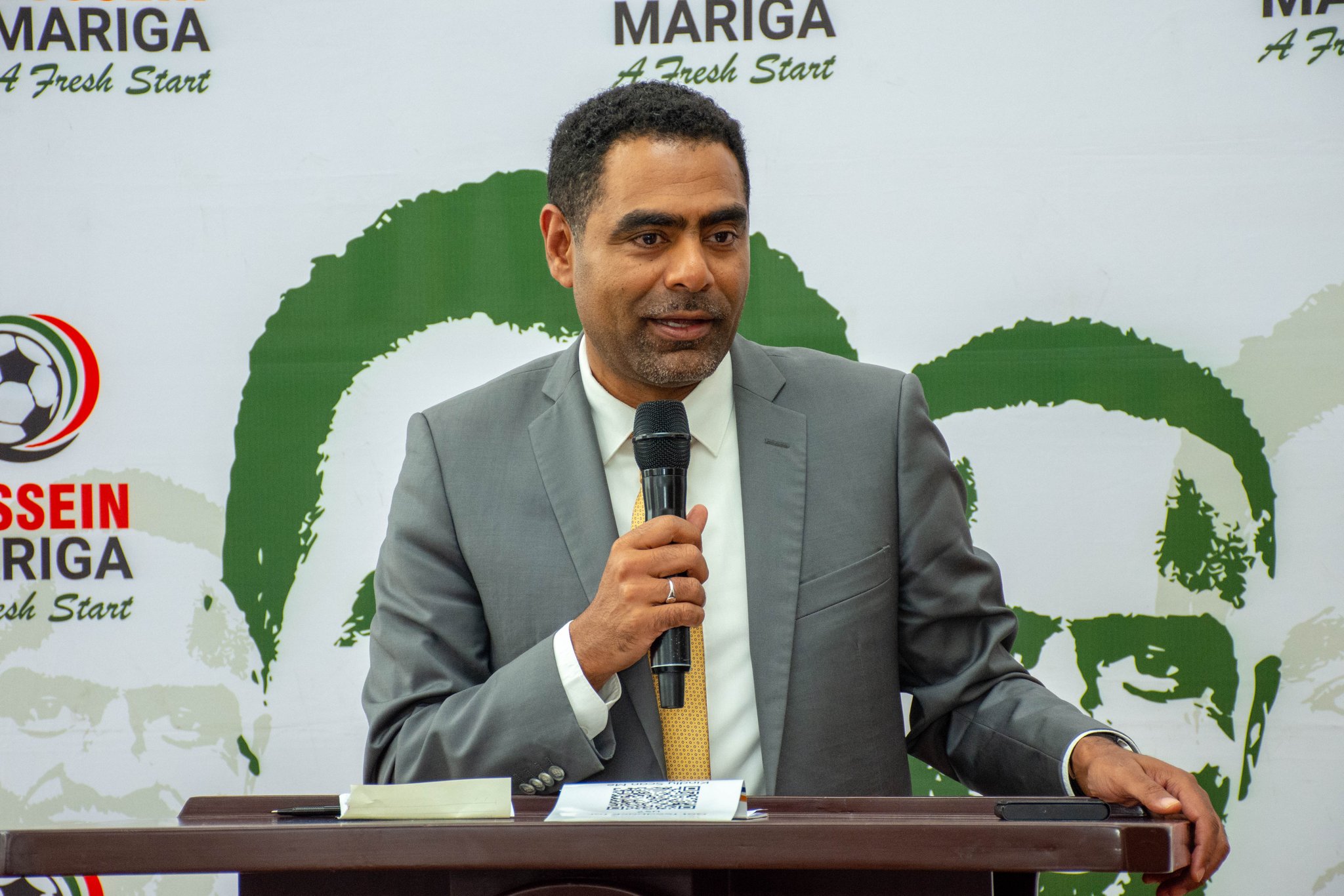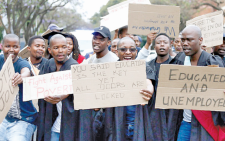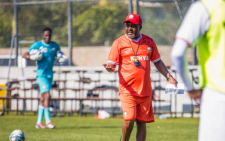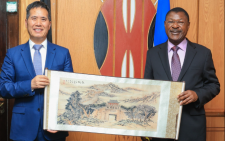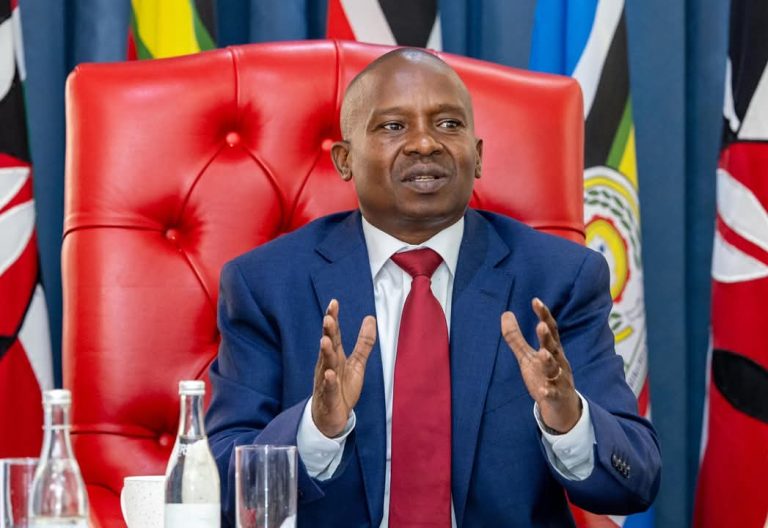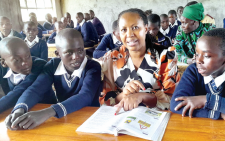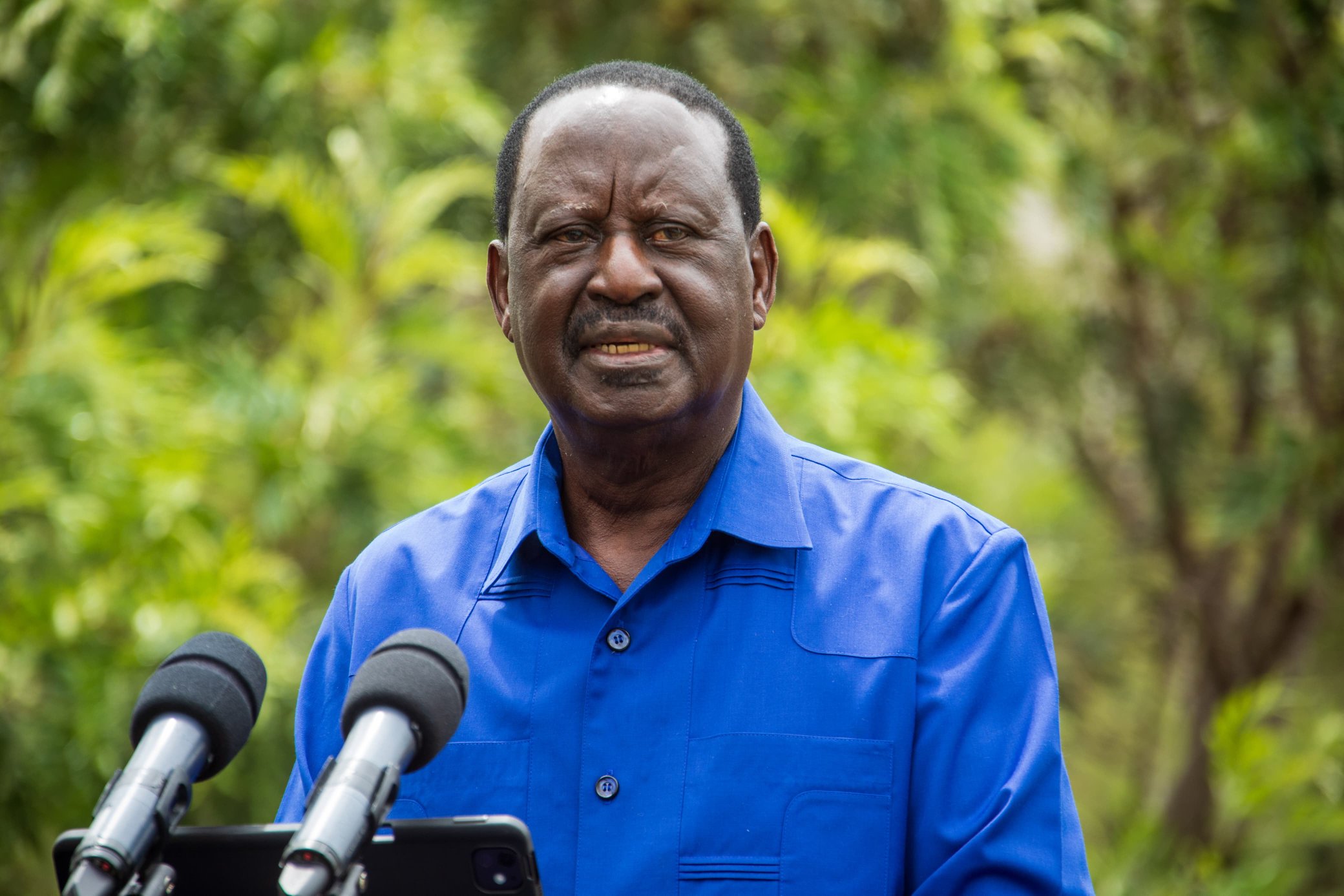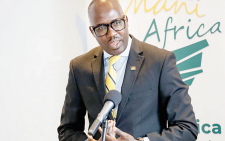The role of the private sector in improving education: a luxury or a necessity?

By Michael Sinclair
Global Education Week (GEW) is an annual worldwide awareness raising initiative that aims to develop learning communities. The initiative encourages learners and educators to collaborate to approach global issues through innovative teaching methods. Global Education Week, which takes place during the third week of November, is an excellent opportunity for organizations and individuals alike to contribute towards improving the education sector.
The World Economic Forum rated Kenya’s education system as the most robust in the African continent in 2017. The following year, according to the World Bank’s new Human Capital Index, Kenya was ranked first out of 43 African countries for education outcomes. Kenyan educators are also phenomenal, taking Peter Tabichi as an example. The Kenyan teacher was named the most outstanding teacher in the world and awarded a USD1M prize in 2019.
While it’s important to celebrate such achievements and recognize the positive attributes of the Kenyan education system including schools, teachers, and students, it is also important to identify the challenges faced and collaborate with partners from the public and private sectors to find innovative solutions. It is paramount for all stakeholders to play a part in enhancing education conditions, whether by forming strategic partnerships that seeks to enrich the educational experiences for students, families, schools, and the community, or by driving well planned and delivered individual initiatives that serve the greater good.
The role of the private sector in supporting education is unmatched. Thorough donations, partnerships, workshops, awareness initiatives and much more, the sector positively contributes to learning conditions.
As a world leader in stationery, shavers, and lighters, BIC has long advocated for and worked to improve lives through education. Through BIC’s “Writing the Future Together” initiative, the brand is committed to supporting communities and improving the learning conditions of 250 million children globally by 2025. BIC has a long history of supporting education across the world through grants and product donations, volunteering opportunities in communities it operates in, and global partnerships with organizations such as Enactus.
BIC East Africa has teamed up with World Vision Kenya to donate 300,000 BIC ball pens to children in need during the months of December 2020 and January 2021 in preparation for one of the most stressful times for parents commonly known as ‘Back to School’. In the coming year BIC has set as its target a donation of 400,000 pens.
One of the biggest challenges for most students in learning institutions is the aspect of school fees. The Kenyan government has played a major role in ensuring that students do not miss school for this reason. The government has provided loans for universities and ‘free education’ for primary and secondary level students. However, there are still many students that require additional support. This year, as part of the global celebrations marking the 70th year anniversary of the BIC Cristal Pen (one of the brand’s flagship products), BIC East Africa partnered once again with World Vision Kenya to finance school fees for 70 students from various counties across Kenya.
The private sector can also play an important role beyond Corporate Social Responsibility (CSR). A pen is a most basic need in the classroom for students from a young age. Research shows that a pupil’s choice of writing tool can affect the speed, neatness, and accuracy of their work. Poor pen selection could even have a detrimental effect on a child’s cognitive development. Keeping this in mind, BIC East Africa, in collaboration with the Teacher’s Service Commission, went a step further in its support of schools by launching an initiative titled ‘My Words, My Story, My BIC Pen’. The initiative aimed to empower teachers in 35 schools to run a 26-day handwriting program for 11,519 students. At the end of the program, teachers who had been trained to run the program, prior to execution, awarded their proud young students with their ‘BIC Pen License’. Effective January 2022, BIC will resume this project with the aim of impacting the handwriting and consequently the educational development of thousands of young Kenyan students.
The Kenyan government has shown that it is open and welcoming to such private sector initiatives, which in the long run, may impact the wider education sector. With every child empowered with the right tools and proper skills through a strong and effective education system, Kenya, and its residents will become more empowered and powerful.
Global Education Week marks a momentous occasion as it encourages organizations and individuals to contribute to one of the most fundamental sectors to human development and future progression. It is imperative for the public and private sectors to work together to enhance learning conditions in Kenya and beyond. This is a responsibility that organizations and entities are accountable for to ensure the longevity and sustainability of communities in Kenya and beyond.
The writer is General Manager, BIC East Africa
